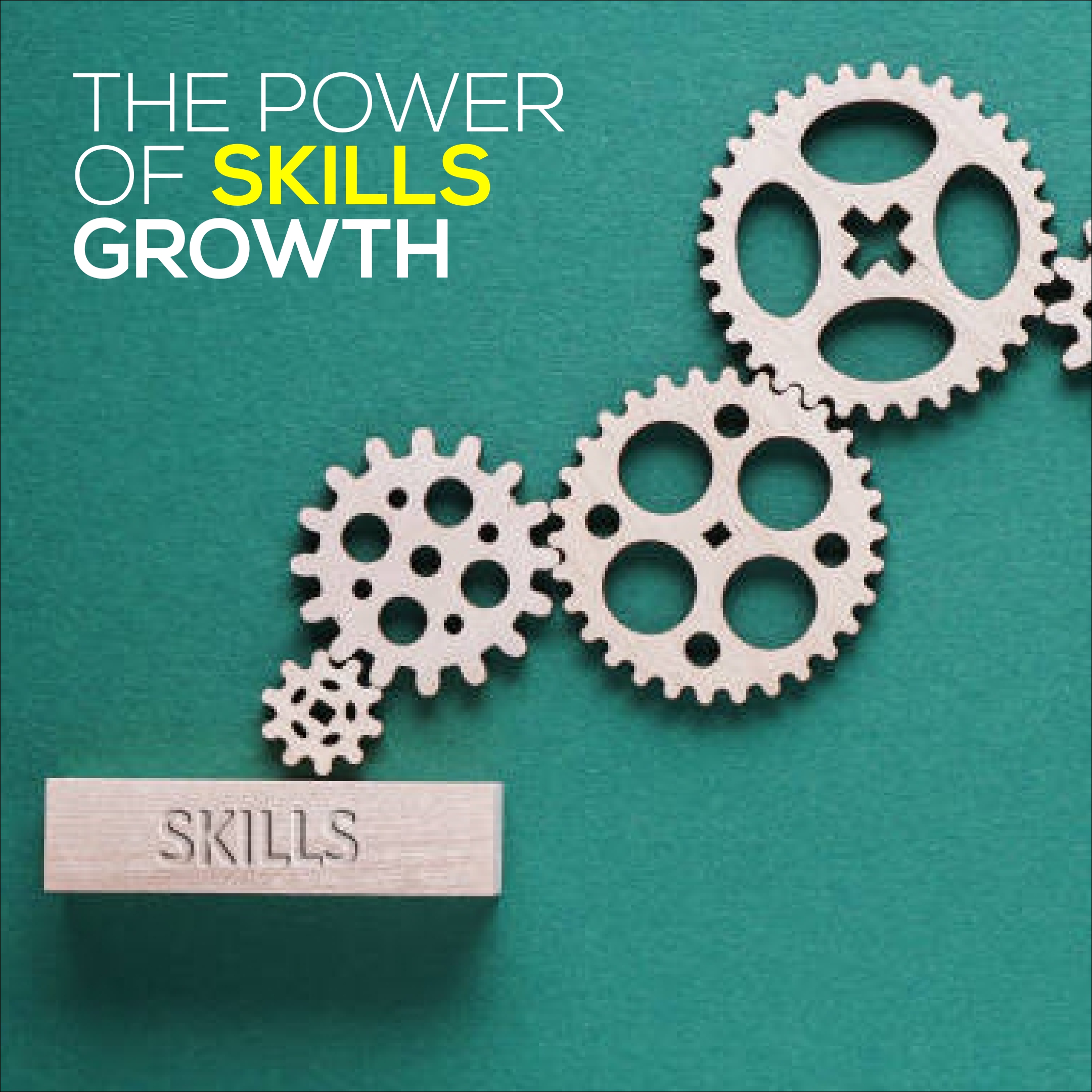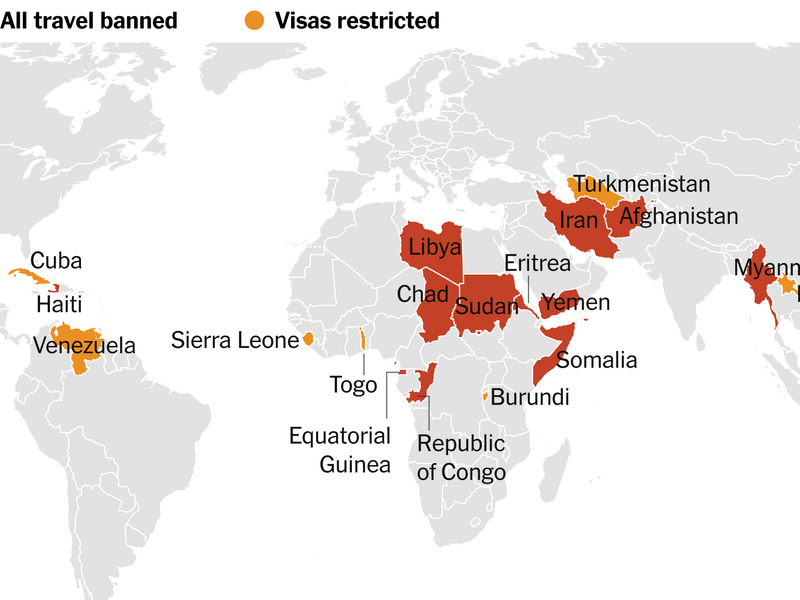Introduction – Skills Development
Are you ready to unlock your full potential? In a labour market that keeps reinventing itself, deliberately growing the right capabilities is the simplest way to open doors and accelerate your career. Committing to continuous improvement and thoughtfully acquiring the abilities that matter turns obstacles into opportunity. Below you’ll find seven powerful approaches that together form a roadmap to expand your skills and reach higher levels of professional achievement.
Skills Development: The Importance of Adaptable Education Systems
Every thriving career begins with a solid education, but today’s educational models must be flexible enough to reflect shifting workplace demands. Modern learning systems should balance theoretical foundations with hands-on practice and an emphasis on adaptability. Incorporating real-world projects, partnerships with industry, and practical labs into curricula helps learners connect academic ideas to the realities of work. When schools and employers collaborate, graduates arrive better prepared—equipped not only with knowledge but with the ability to apply it under real conditions.
Adaptable education also prioritizes transferable capabilities like communication, critical thinking, and collaboration—competencies that remain valuable across sectors. Problem-based learning places students into complex, realistic scenarios that sharpen decision-making and creative problem solving. Assessment systems that reward portfolios and project work over single high-stakes tests encourage learners to demonstrate applied competence consistently. Governments, universities and businesses can further narrow the gap between study and work by designing apprenticeship frameworks that combine classroom instruction with paid workplace experience, strengthening employability from day one.
Funding mechanisms that back lifelong training—through subsidies, tax incentives, or employer co-funding—lower financial barriers to reskilling and make continuous learning more attainable. An education system built for adaptability signals to learners that growth is expected and supported at every stage, producing a workforce ready for tomorrow’s challenges today.
Skills Development: Building a Culture of Lifelong Learning
Lifelong learning is not merely optional; it’s a strategic advantage. Treat education as a continual habit rather than a one-time event. Adopt curiosity as a daily practice—read sector updates, take short online modules, and schedule regular time for new skill practice. Those who commit to ongoing learning adapt faster when roles transform or new technologies appear because they already embrace change as routine.
Fostering a culture of continuous learning requires lowering barriers. Offer short, affordable courses and flexible schedules for people balancing family and work responsibilities. Mentorship programs pair emerging talent with experienced practitioners who provide tailored feedback and career guidance. Peer learning communities—study circles, online cohorts and project groups—sustain momentum by turning solitary study into social, collaborative effort.
Organisations benefit when they reward demonstrated growth rather than just tenure. Career ladders that link promotions to skill milestones motivate employees to evolve. Individuals should document progress: keep a record of certifications, projects and outcomes to show measurable development during job applications or salary negotiations. Micro-credentials—small certificates for discrete competencies—let learners stack meaningful achievements into a recognisable portfolio that communicates value quickly to employers.
Skills Development: The Power of Hands-On Training
Practical experience is irreplaceable. Hands-on training—through apprenticeships, internships, simulated environments and real projects—builds muscle memory and confidence in ways classroom theory cannot. Doing the work allows you to iterate, fail safely, and refine techniques until they become instinctive. For technical roles, labs and live debugging teach problem-solving patterns that reading alone does not convey. For creative or client-facing roles, a portfolio of real work demonstrates capability far more effectively than descriptions.
Practical learning also accelerates soft-skill development. Team projects nurture communication, time management and conflict resolution. Simulations and role plays let you practise leadership and client interactions without real-world consequences. In trades, apprentices shadow masters and learn subtle methods that rarely make it into textbooks. When choosing experiential learning, pick settings with structured feedback and committed mentors. If formal placements are scarce, create your own projects—contribute to open-source efforts, volunteer with local organisations or freelance small assignments that let you apply theory in context.
Make hands-on work count by reflecting on it: write about what went well, what didn’t, and what you’ll change next time. That reflection converts experience into durable learning and builds an evidence-backed portfolio that shows not only what you produced but how you think and solve problems.
Skills Development: Preparing for the Digital Age
Digital fluency isn’t optional anymore. Understanding core digital tools and the logic behind them makes you valuable across roles. Basics like working with data, knowing how automation affects workflows, and a foundational grasp of coding or machine learning concepts strengthen your problem-solving toolbox. Online platforms now make it feasible to learn incrementally—interactive tutorials, modular courses, and community forums let you practise at your own pace.
Approach digital skills pragmatically: choose the tools and techniques that align with your goals. If you work in marketing, prioritise analytics, SEO and automation; in operations, focus on dashboards and process automation; in design or product, learn prototyping and user-testing tools. Pair technical fluency with domain knowledge—this combination makes you uniquely effective because you can translate technical answers into business outcomes.
Also cultivate digital thinking: understand data flows, spot patterns, and design small experiments to test assumptions. Familiarity with cloud services, collaborative platforms and version control is increasingly useful. Ethical awareness—around data privacy, algorithmic bias and cybersecurity—is essential; technical ability without attention to responsible use creates risk for both organisations and individuals. Join hackathons, virtual study groups and industry meetups to apply skills under pressure and learn with peers. Balance breadth and depth: a broad base keeps you adaptable, depth in specific areas makes you indispensable.
Practical steps you can take right now include performing a skills audit: list what you know, what you use daily, and where gaps exist relative to jobs you admire. Use job descriptions as a mirror to spot commonly requested competencies and prioritise those that match your interests. Set SMART goals—specific, measurable, achievable, relevant and time-bound. For example, commit to a three-month course, build a project, and present results to a peer group. Schedule learning in bite-sized pockets—thirty to sixty minutes several times per week is more effective than sporadic marathon sessions. Consistency builds durable capabilities.
Conclusion
Developing your abilities is the lever that launches lasting career progress. By investing in adaptable education pathways, cultivating a habit of lifelong learning, seeking hands-on experience, and sharpening digital fluency, you prepare not just for your current role but for future changes. Create a personal development plan with clear milestones and track progress with measurable outcomes. Celebrate small wins and use feedback to refine your path.
Build relationships that support growth mentors, peers and networks provide guidance, opportunities and concrete projects that accelerate learning. Organisations and policymakers also play their part by creating incentives, recognition frameworks and funding models that make reskilling accessible.




